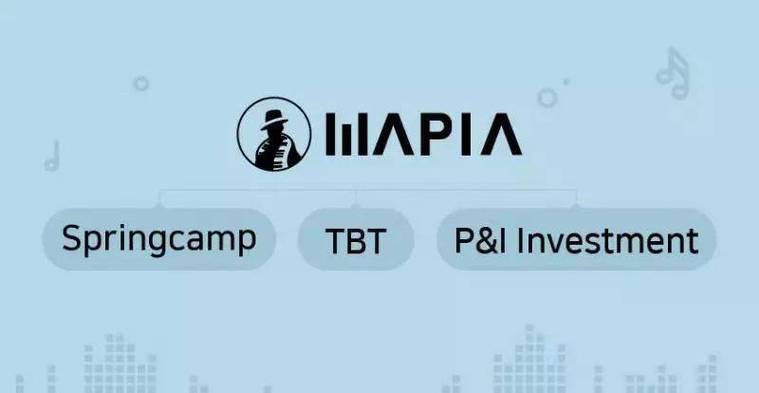Title: Blockchain and the Music Industry Value Chain
Introduction:
The advent of blockchain technology has revolutionized various industries, and the music industry is no exception. With its decentralized and immutable nature, blockchain has the potential to transform the traditional music industry value chain. This article aims to explore the application of blockchain technology in the music industry value chain.
1. Intellectual Property Rights Protection:
One of the significant challenges in the music industry is the protection of intellectual property rights. Blockchain provides a transparent and immutable ledger, making it an ideal platform to manage and track ownership rights. Smart contracts can be used to automate royalty collection and distribution, ensuring fair compensation for artists, songwriters, and other stakeholders involved in the creation process.
2. Royalty Distribution:
Blockchain technology can streamline the complex process of royalty distribution. By utilizing smart contracts, royalties can be allocated instantly and accurately based on predetermined conditions. This eliminates intermediaries, reduces administrative costs, and eliminates the possibility of human error or manipulation.
3. Digital Rights Management:
Digital rights management (DRM) is crucial for protecting copyrighted music from unauthorized distribution and piracy. Blockchain's decentralized nature can enhance DRM systems by securing files and tracking their usage. It enables content creators to have more control over their music, ensuring that only authorized individuals can access or use their work.
4. Licensing and Collaboration:
Blockchain can facilitate seamless licensing and collaboration between artists, producers, labels, and other industry stakeholders. It enables the creation of Smart Licensing Agreements, which automate licensing processes, establish terms and conditions, and ensure royalty distribution based on predefined rules. Blockchain can also track and verify creative collaborations, simplifying the payment of royalties to all involved parties.
5. Transparency and Trust:
The transparency provided by blockchain technology helps build trust among various stakeholders in the music industry. All transactions, including royalty payments, licensing agreements, and copyright ownership, are recorded on the blockchain, ensuring a permanent and tamperproof record. This transparency reduces disputes and increases accountability.
6. New Revenue Streams:

Blockchain technology opens up new revenue streams for artists and industry professionals. Through tokenization, musicians can sell fractional ownership of their work, allowing fans and investors to participate in the success of their music. Additionally, blockchainbased platforms enable direct and transparent monetization of music through micropayments, eliminating the need for intermediaries and ensuring fair compensation for artists.
Conclusion:
Blockchain technology has the potential to transform the music industry value chain by revolutionizing the way intellectual property rights are protected, royalties are distributed, and licensing and collaboration are conducted. With increased transparency, trust, and efficiency, blockchain fosters a fair and sustainable ecosystem for all stakeholders in the music industry. Embracing blockchain technology can lead to a more robust and thriving music industry in the digital age.
Note: The above content is for informational purposes only and does not constitute legal or financial advice.







